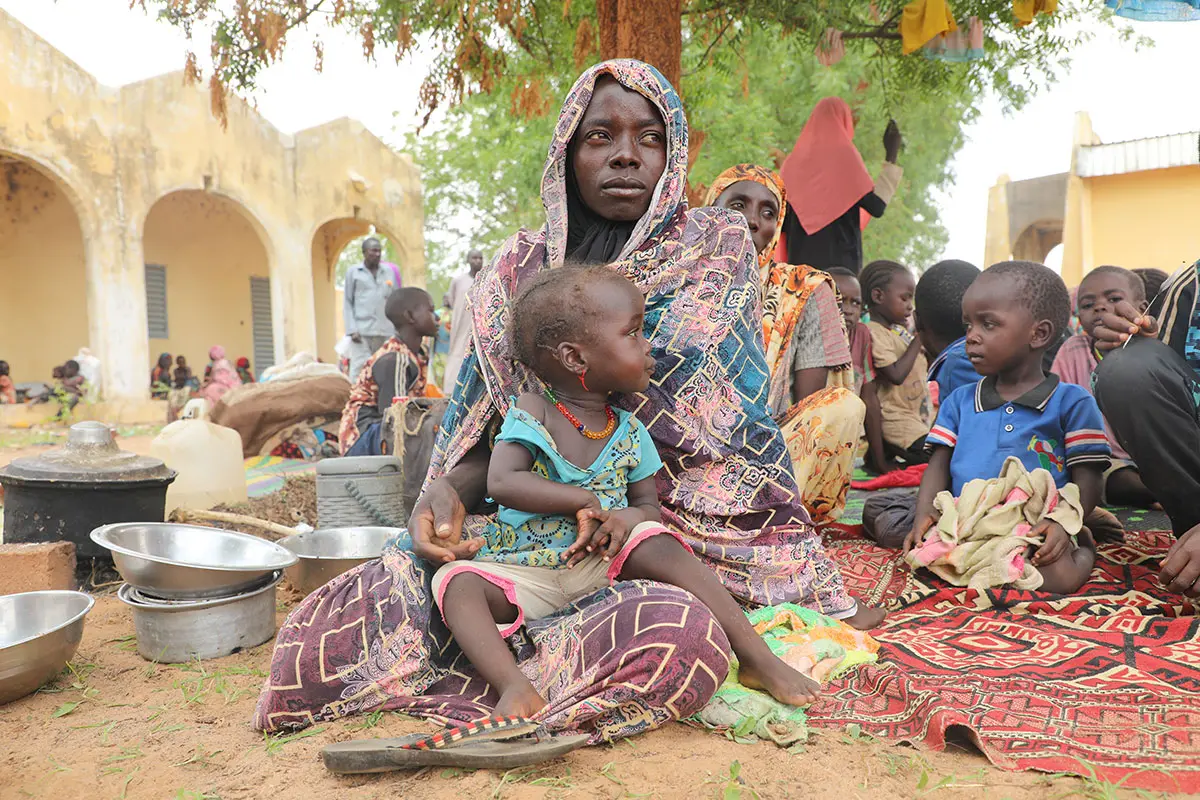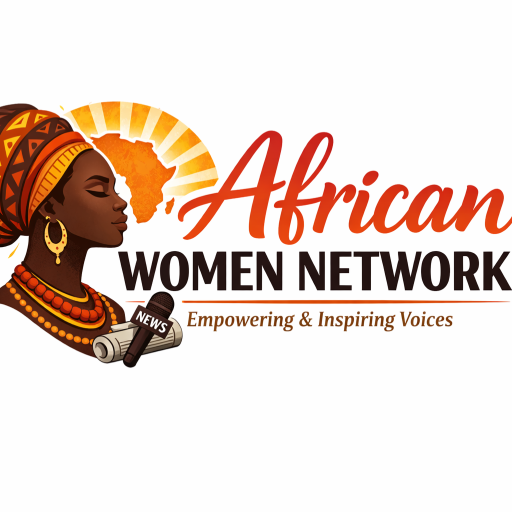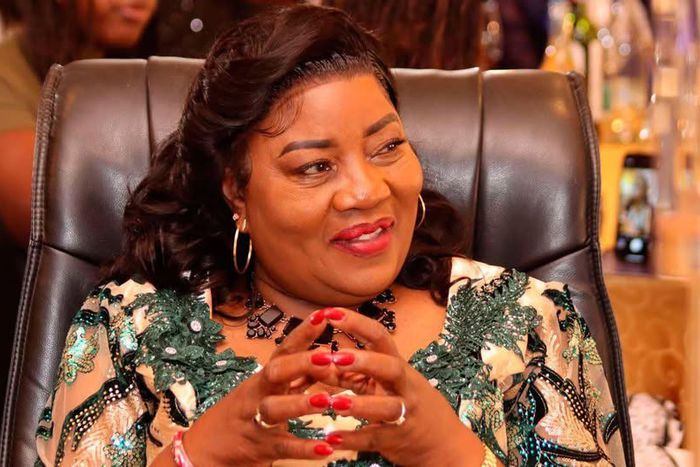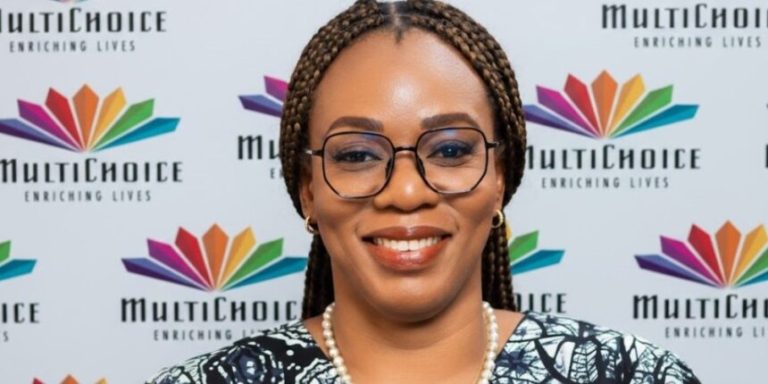
Hay Al-Malik, an IDP Camp in Sudan’s Gadaref State is serving as a haven for thousands displaced by the country’s ongoing conflict. Here, internally displaced persons (IDPs) and host community members share cramped homes, grappling with limited resources and skyrocketing rent.
Since conflict erupted on 15 April 2023, Sudan has faced one of the world’s most rapidly escalating displacement crises. As of 16 June 2025, over 12 million people have been uprooted—more than 2 million of them women and girls. Many now find refuge in overcrowded shelters or within already struggling host communities, with women bearing the brunt of protection and dignity challenges.
Among them is 35-year-old Marwa who fled the violence in Khartoum in search of safety. Like many others, she arrived in Hay Al-Malik, where the pressure on shelter and services is immense. Her early days were filled with hardship—crammed into a small home with over ten people, a lack of privacy made life especially difficult for women. Cultural differences further deepened her sense of alienation.
“I hardly spoke to anyone,” Marwa recalls. “I didn’t know how to cope or where to turn.”
That changed when she learned about a women’s safe space established by the Hope and Friendship for Development Organization (HOPE), in collaboration with UN Women and with support from the Government of Japan. Encouraged by community outreach, Marwa visited the Al-Malik Safe Space—and found a sanctuary.
Designed by and for women, the safe space offered more than shelter—it fostered healing, connection, and growth. Marwa joined life skills workshops, received psychosocial support, and participated in awareness sessions on harmful traditional practices. With each passing day, her confidence returned.
“I felt like I finally belonged somewhere,” she said. “This space became ours—it was our responsibility to protect and nurture it.”
Empowered by the support she received, Marwa transitioned from participant to leader. She now works alongside social workers to guide and uplift other women and girls, advocating for the inclusion of children, especially those with special needs, in future programming. She’s also passionate about sustaining the space long-term, beyond the duration of the current initiative.
Marwa’s transformation is a testament to the power of safe, inclusive environments. With continued support from international partners, women like her are not only rebuilding their own lives—they are laying the groundwork for a more resilient, empowered future for others.






